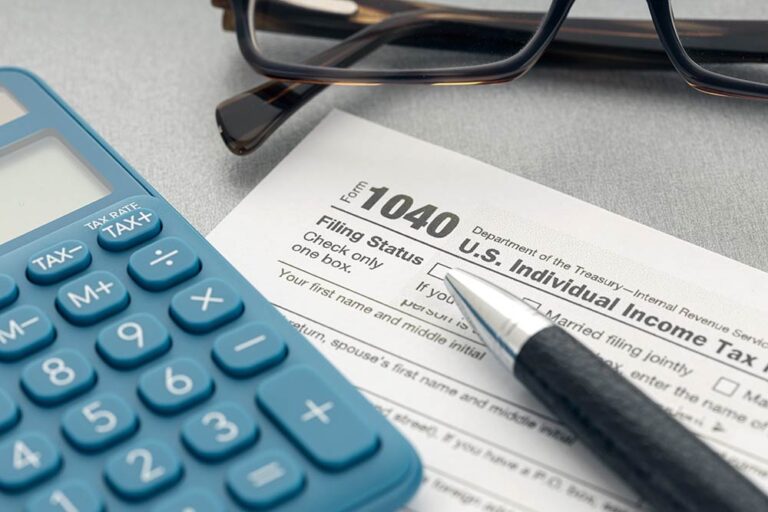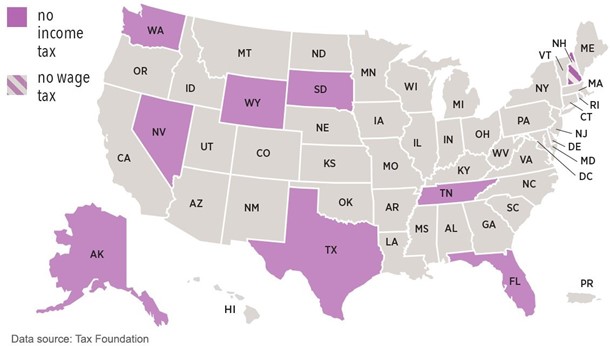Homeowners Take Note: You May Have More Tax Deductions Than You Know
The 2016 tax year officially opened Jan. 19 when the Internal Revenue Service started accepting 2015 tax returns.
Despite rumors that several valuable homeowner deductions might be eliminated or modified, taxpayers are in luck this year. In mid-December, Congress passed the Protecting Americans from Tax Hikes Act of 2015. Many exemptions that would have expired were extended for a year or more, and others were made permanent.
Spared were the exemption for private mortgage insurance to protect the mortgage holder; the tax credit for energy-efficient home improvements; and the exclusion for mortgage-debt forgiveness for owners of a foreclosed or short-sale home.
The elimination of those allowances would have been a significant financial setback to many homeowners. According to a recent National Association of Realtors survey — Profile of Home Buyers and Sellers (November 2015) — 80 percent of home buyers view home ownership as a good investment, and 43 percent believe that buying a house is a better investment than putting money in the stock market.
The association estimates that homeowners save an average of $3,000 a year in taxes from mortgage-interest and property-tax deductions.
To take advantage of the tax breaks allowed homeowners, Schedule A of the IRS Form 1040 must be completed. The IRS provides information in its Publication 530 ( www.irs.gov/publications/p530 ), which outlines what can — and cannot — be deducted.
Lisa Greene-Lewis, a certified public accountant and a tax expert for online tax preparer TurboTax, pointed out that its program asks homeowners specific questions related to a home purchase or homeownership to prevent any allowable deductions from falling through the cracks.
For example, Greene-Lewis said, the program will ask such questions as: Are you a homeowner? Did you pay points? Did you refinance the mortgage?
Brian Davis, a CPA with Ross and Moncure in Alexandria, Va., said that most of his homeowner clients are aware of the common deductions. But they often need to be reminded of others — such as points paid on a prior refinance.
“If a homeowner paid points on a refinance in the past and then obtains a new refinance loan, the balance of the points from the prior loan may still be deducted,” Davis said. He also said clients should keep track of any large capital improvements they make to the home because those expenses can be deducted — to help reduce any capital gains tax that might be due — when the property is sold.
If you purchased a home last year, some costs associated with the sale will be deductible; others may not be. Look at the closing statement (either the HUD-1 or the replacement Closing Disclosure form used after Oct. 3, 2015) to determine what is allowed.
The items on the closing statement will fall into three categories relevant to your tax return: tax-deductible in the current year; capitalized (added to the price paid for the property and, therefore, part of your base for capital-gains-tax purposes when you sell); neither (personal expense).
Some tax-deductible items include mortgage interest, points, loan-origination fees, prepayment penalty, property taxes and PMI. Capitalized items include pest-clearance costs, title-insurance premiums, and attorney, appraisal, recording, notary and escrow fees. Personal expense items include fire insurance premiums, money paid into an impound account (funds held in reserve by the lender to pay property-related costs, such as property taxes and insurance) and condo association fees.
Here are facts about some deductions that you may not be aware of:
- Mortgage interest on a refinance, a home-equity loan or a home-equity line of credit may be deducted as an expense.
- Private mortgage insurance may be deductible for a second property in addition to a primary residence (as long as the second home is not a rental unit).
- Discount points — paid to lower the interest rate on a loan — may be deducted in full for the year in which they were paid.
- Discount points on a refinance must be amortized over the life of the loan.
- Home improvements made for medical reasons can be tax-deductible under certain circumstances.
- Homeowners who work from home can generally deduct expenses for a qualified office — phone lines, heating and electric expenses and renovations — including a portion of mortgage interest, property taxes and insurance.
- The deductibility of a mortgage varies with the length of the loan. Homeowners pay about 65 percent less mortgage interest with a 15-year mortgage than with a 30-year loan.
- An energy-efficiency tax credit may apply to storm doors and energy-efficient windows, insulation, air-conditioning and heating systems. The credit is currently 10 percent of the amount paid up to $500.
- Mortgage-debt relief related to a short sale or foreclosure has been extended to include cancellations completed during 2015 and 2016.





